Why Health Equity Matters More Than Ever in 2025
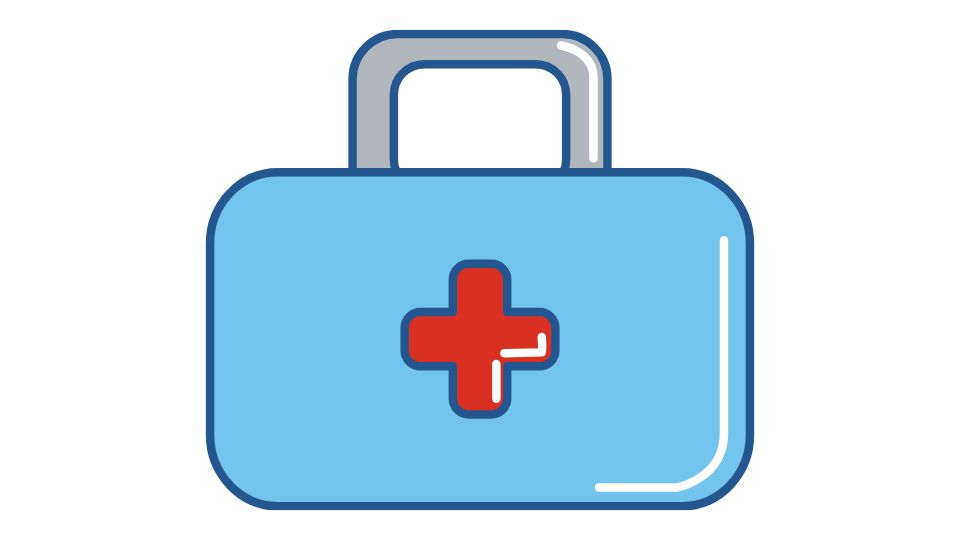
Imagine a world where your chance of getting proper healthcare depends on your ZIP code, skin color, or bank account.
Sounds pretty messed up, right? Yet this is the reality for millions of Americans.
Health equity isn’t just some fancy buzzword that healthcare professionals throw around at conferences. It’s about making sure everyone has a fair shot at being healthy – regardless of who they are, where they live, or how much money they make.
Let’s dive into why health equity matters so much and what we can do about it (without boring you to death with jargon).
What the heck is health equity anyway?
Health equity means everyone has a fair and just opportunity to be as healthy as possible.
But here’s where people get confused: health equity is NOT the same as health equality.
Health equality would be giving everyone the exact same care (like handing out the same size bandage to everyone).
Health equity is more like giving people what they actually need (like a small bandage for a paper cut and a large one for a serious wound).
The World Health Organization defines health equity as “the absence of unfair and avoidable differences in health among population groups.”
In other words: No one should face unnecessary health problems just because of their social circumstances.
Why should we care about health equity?
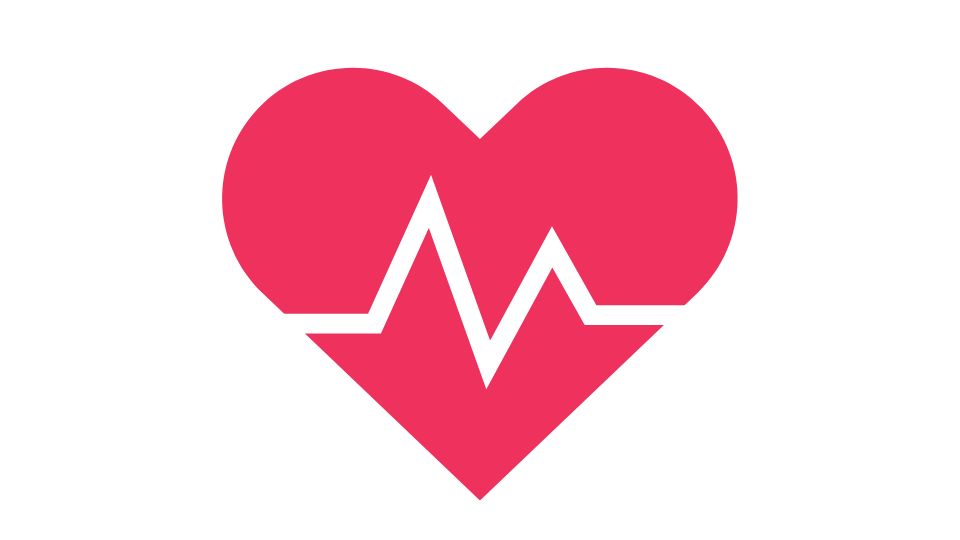
It’s literally a matter of life and death
When we talk about health disparities, we’re not just talking about inconveniences. We’re talking about serious stuff:
- Black women are 3x more likely to die from pregnancy-related causes than white women
- Native Americans have a life expectancy that’s 5.5 years shorter than the U.S. average
- People in poor counties die from heart disease at rates 40% higher than those in wealthy counties
These aren’t just statistics – they’re human lives cut short because our healthcare system isn’t working equally for everyone.
It affects the entire healthcare system
When people can’t access preventive care, they end up in the ER with more serious (and expensive) problems. This drives up healthcare costs for everyone.
The American Journal of Preventive Medicine found that eliminating health disparities would reduce healthcare costs by $230 billion annually.
That’s not just good for vulnerable populations – it’s good for all of our wallets.
It boosts the economy
Healthy people = productive people.
When communities are healthier, they miss less work, earn more income, and contribute more to the economy.
According to research, if we eliminated racial health disparities, the U.S. economy would gain an additional $135 billion per year.
It’s the right thing to do, period.
At the end of the day, ensuring everyone has a fair shot at health isn’t just economically smart – it’s morally right.
No one should suffer or die from preventable conditions just because of where they were born or how much money they have.
Health equity in the real world
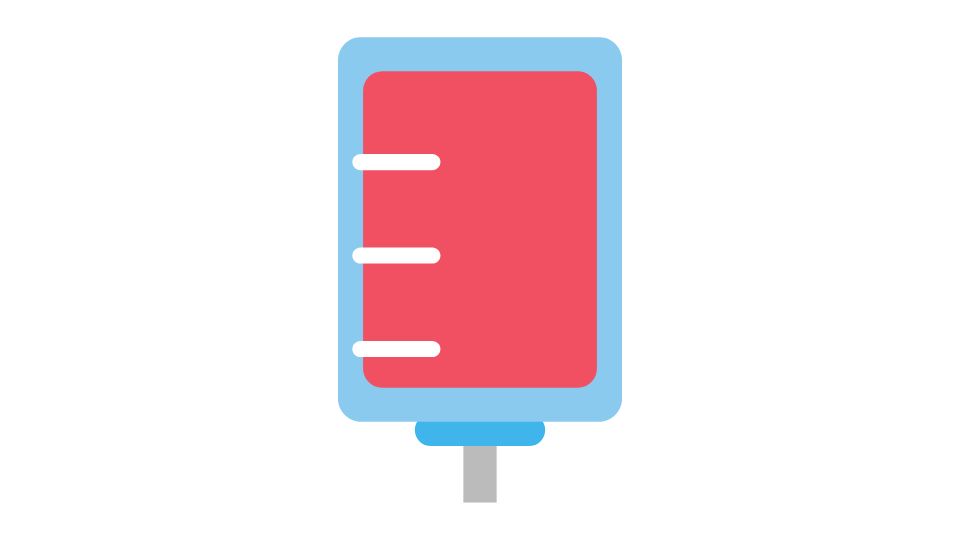
Let’s get practical. Here’s what health equity looks like in action:
- Low-cost clinics in underserved neighborhoods
- Mobile health services that come to people without transportation
- After-hours appointments for people who can’t take time off work
- Culturally appropriate care that respects different traditions and languages
- Telehealth options for rural communities
The Centers for Disease Control and Prevention supports many of these initiatives to improve access to care.
The biggest roadblocks to health equity
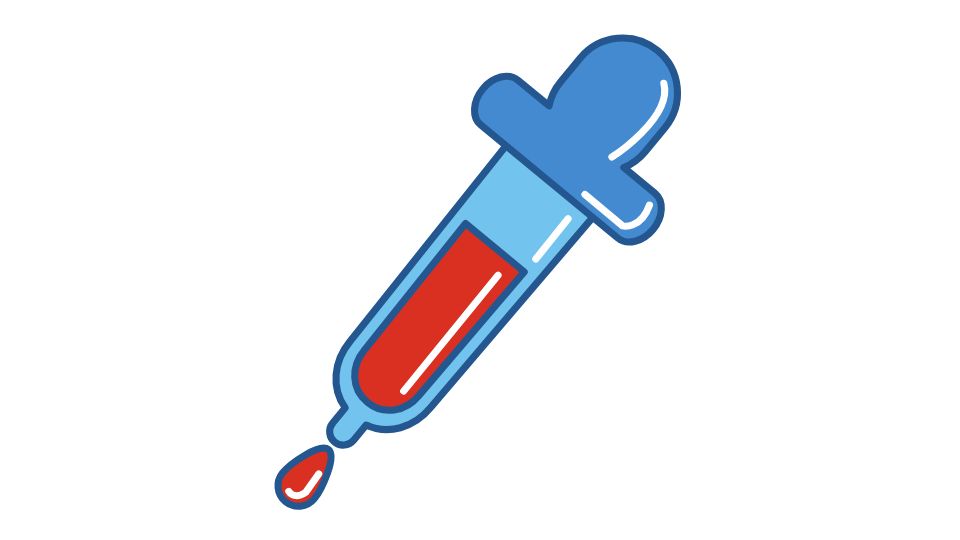
Social determinants of health
About 80% of your health outcomes aren’t determined by medical care at all, but by:
- Where you live
- Your education level
- Your income
- Your job
- Your social support system
These factors are called social determinants of health, and they’re often outside an individual’s control.
Systemic racism and discrimination
Let’s not sugarcoat it: racism is baked into our healthcare system. From medical education that downplays symptoms in people of color to algorithms that allocate less care to Black patients, the system is rigged.
A landmark study in the New England Journal of Medicine found that racial bias affects healthcare delivery at almost every level.
Access barriers
For many Americans, the barriers to healthcare include:
- No health insurance
- No transportation to medical facilities
- No paid sick leave to see doctors
- No childcare during appointments
- No providers who speak their language
Each of these creates a roadblock between people and the care they need.
What can we do about it?
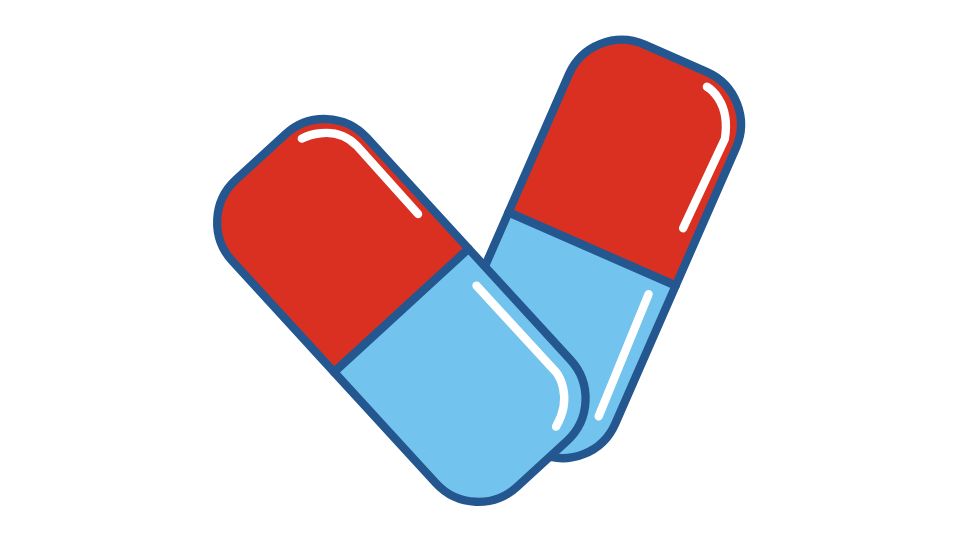
Policy changes
Big problems require big solutions. We need policies that:
- Expand healthcare coverage
- Address social determinants of health
- Diversify the healthcare workforce
- Collect better data on health disparities
- Fund community health initiatives
Healthcare provider actions
If you work in healthcare, you can:
- Receive training on implicit bias
- Hire diverse staff who reflect your patient population
- Offer translation services
- Create flexible scheduling options
- Establish community partnerships
Individual actions
Even if you’re not a policymaker or healthcare provider, you can:
- Advocate for health equity in your community
- Support organizations working to reduce health disparities
- Vote for candidates who prioritize healthcare access
- Educate yourself about health inequities
- Check your own biases when interacting with the healthcare system
In summary
Health equity isn’t just a nice-to-have – it’s essential for a functioning society. When we ensure everyone has a fair shot at being healthy, we all benefit.
The path to health equity isn’t easy or quick. It requires addressing deep-rooted systemic issues and making fundamental changes to how we deliver healthcare.
But the alternative – continuing to accept that some lives are valued less than others in our healthcare system – is simply unacceptable.
So the next time someone asks why health equity matters, tell them: because everyone deserves the chance to live a healthy life, no matter who they are or where they come from.
